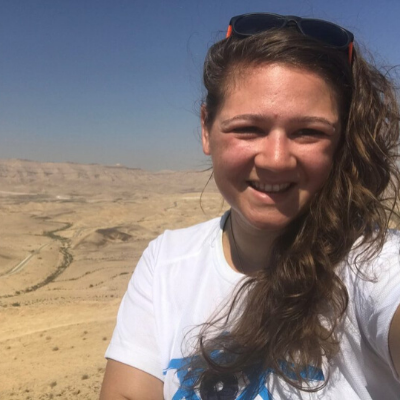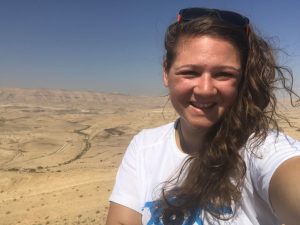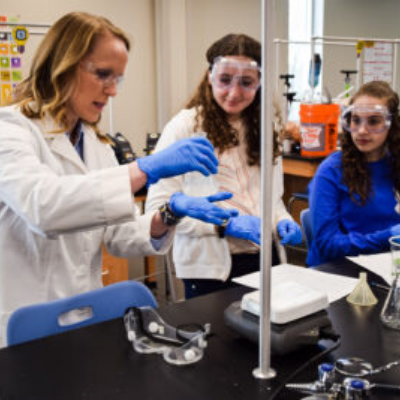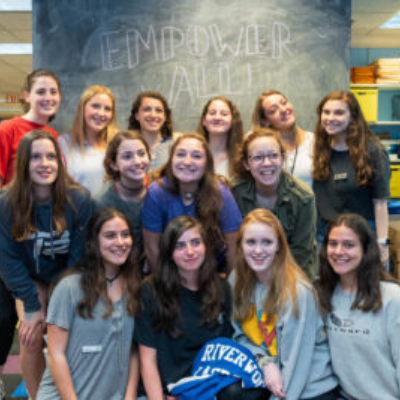
 Educated and Empowered, Thanks to ALEF Fund
Educated and Empowered, Thanks to ALEF Fund
J. is a single parent and a survivor of domestic violence. She receives no financial support from her ex-husband, who was her abuser, and works very hard to make ends meet. One of the joys of her life is that her daughter is getting an incredible Jewish day school education at Atlanta Jewish Academy, thanks to scholarship support from ALEF Fund.
“When I moved back to Atlanta from out of state, I was pretty broken from my marriage,” she remembers. “As we looked at school options, I had concerns. Our zoned public school has an open campus and it worried me that someone could easily walk into the building off the street. When you’ve been in an abusive marriage you learn to be hyper vigilant and protective. I was thrilled to find a position at Atlanta Jewish Academy. The school was everything I dreamed of for my daughter — amazing facilities, Hebrew language instruction, Jewish values, and great campus security, with gates and intercoms and a culture of vigilance. But the cost of tuition put it out of reach. Then I heard about ALEF Fund.”
“When I learned about the ALEF Fund state tax credit, I opted in right away. “It makes me so happy to know that by participating in ALEF Fund I am paying it forward for others like me who depend on tuition help for Jewish schools. My small contribution helps fund substantial scholarships, so it feels like a win-win! I don’t know why everyone doesn’t do it!”
“My daughter is thriving at her school and every day she teaches me something new about Judaism. We were at Six Flags recently and she heard a family speaking another language, which she recognized as Hebrew. She went right up to them and introduced herself in Hebrew! The father was so impressed with her language skills. I was blown away!”
“I was lucky to attend Hebrew Academy as a child in Atlanta. It gave me foundational Jewish literacy and taught me to read and write Hebrew. Now my daughter has surpassed me in her Jewish education. I am so grateful to ALEF Fund, for opening these doors for my daughter. Knowing that she is educated and empowered is everything to me!”
Georgia taxpayers have until December 31, 2019 to make a 2020 pledge to ALEF Fund and redirect a portion of their GA state taxes to become scholarships at 18 Jewish day schools, preschools and high schools. Questions? Contact Nicole Flom right away!



 Despite the strides made in gender equality, it’s dispiriting to see how many young girls still avoid math and science classes. By the time these girls get to high school, their lack of exposure to STEM subjects (Science, Technology, Engineering and Math) can foreclose exciting educational and career opportunities. Today, women make up nearly half of the working population, but only 26% work in STEM fields. That’s why
Despite the strides made in gender equality, it’s dispiriting to see how many young girls still avoid math and science classes. By the time these girls get to high school, their lack of exposure to STEM subjects (Science, Technology, Engineering and Math) can foreclose exciting educational and career opportunities. Today, women make up nearly half of the working population, but only 26% work in STEM fields. That’s why 



